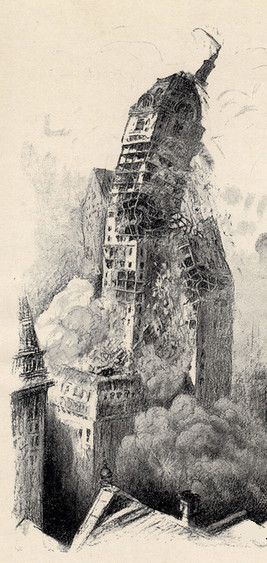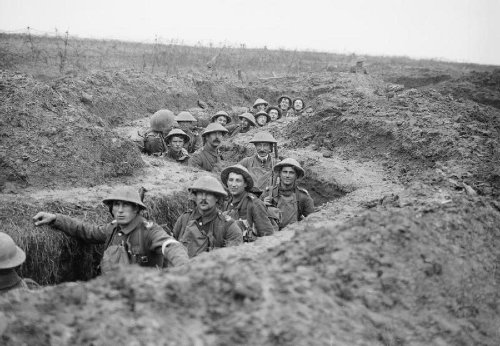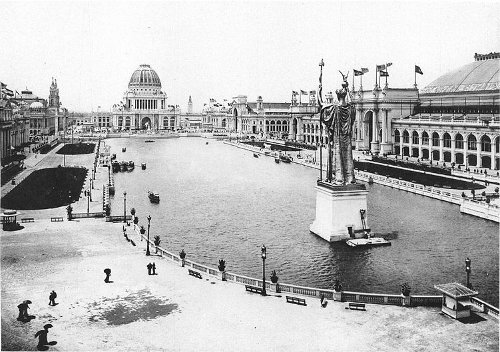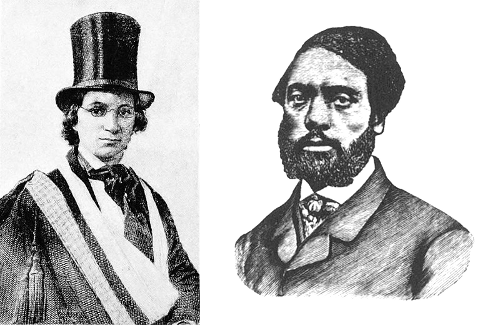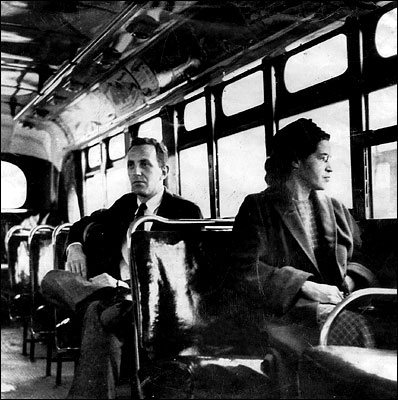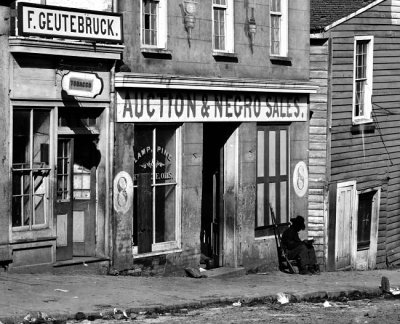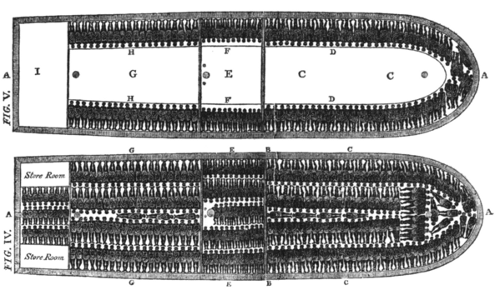
Testimony of Alexander Falconbridge before a select committee of the House of Commons, March 8, 1790:
What is your present situation?
A surgeon.
How many voyages have you been to the Coast of Africa?
I have been four voyages to the Coast of Africa.
Do you examine the Slaves previous to purchasing them?
They are always examined by some officers on board; it is generally understood to be the surgeon’s business.
Do they appear dejected when brought on board?
All that I have seen in my voyages did appear so.
Did this dejection continue, or did it soon wear off?
With some it continued the whole voyage, and with others till death put a period to their misery.
Have you known instances of Slaves refusing sustenance?
I have known several instances.
With what design?
With a design to starve themselves, I am persuaded. …
What was the mode used in stowing the Slaves in their night apartments?
They had not so much room as a man has in his coffin, neither in length or breadth, and it was impossible for them to turn or shift with any degree of ease. I have had occasion very often to go from one side of their rooms to the other; before I attempted it I have always taken off my shoes, and notwithstanding I have trod with as much care as I possibly could to prevent pinching them, it has unavoidably happened that I did so; I have often had my feet bit and scratched by them, the marks of which I have now. …
Are the consequences ever extremely noxious and nauseous of great number being ill at once of this latter disorder [dysentery]?
It was the case in the Alexander, as I have said before when I was taken ill — I cannot conceive any situation so dreadful and disgusting, the deck was covered with blood and mucus, and approached nearer to the resemblance of a slaughter-house than anything I can compare it to, the stench and foul air were likewise intolerable. …
To what cause do you describe [instances of insanity among slaves on board ship]?
To their being torn from their nearest connections, and carried away from their country.


